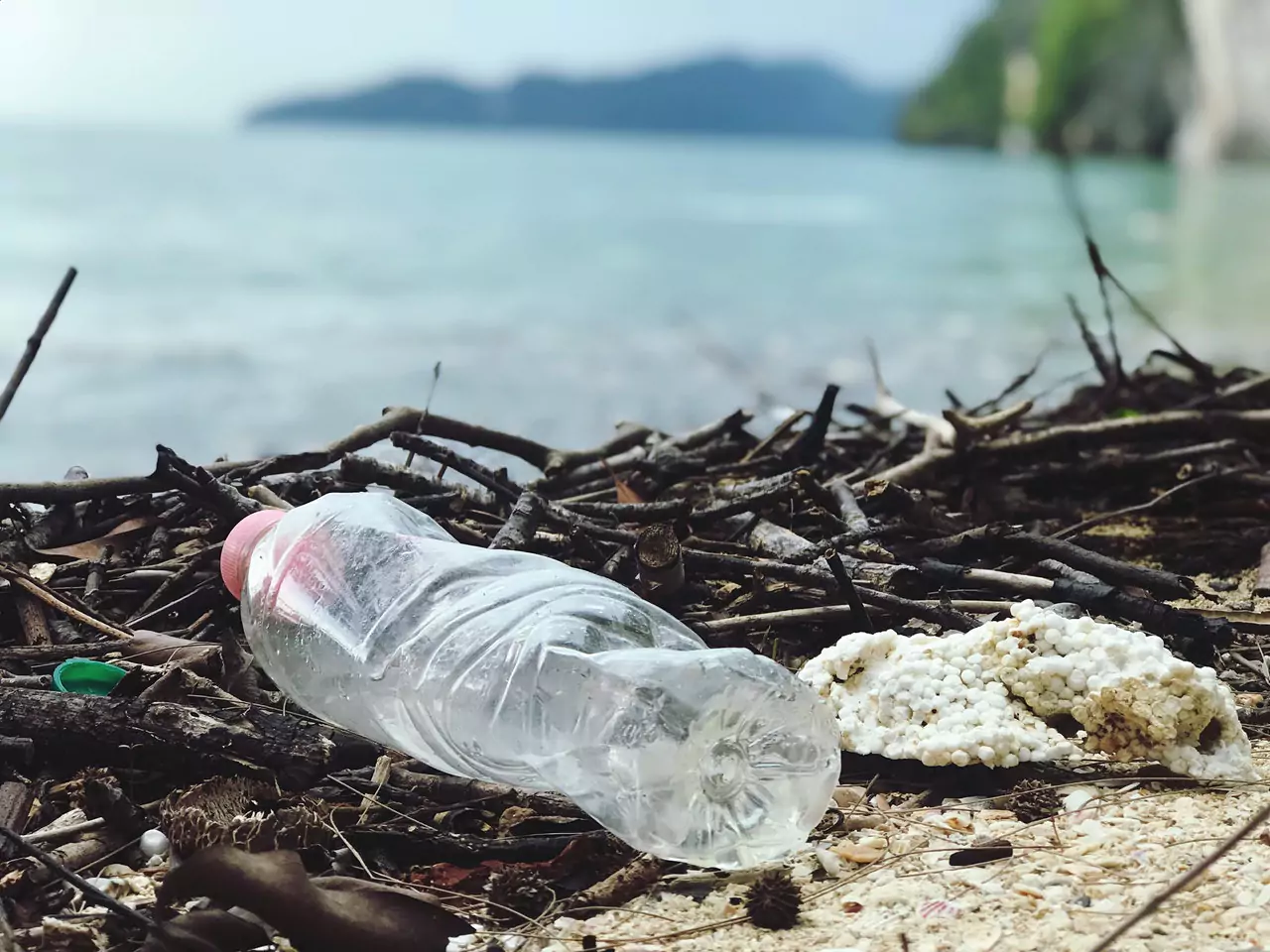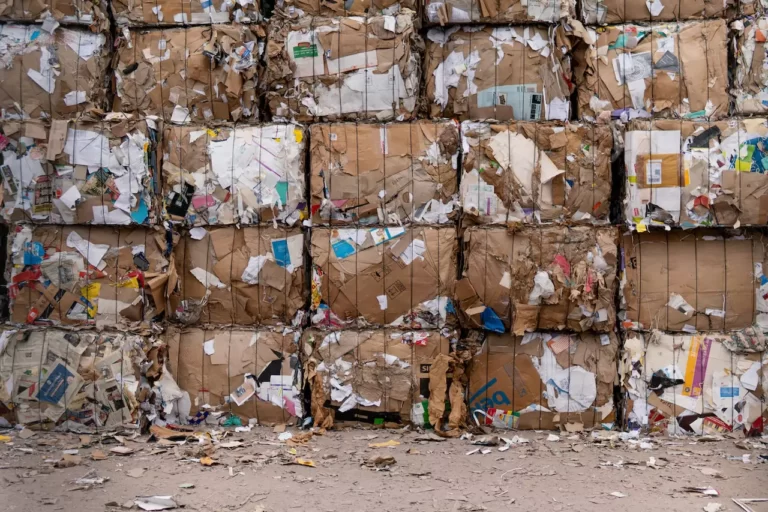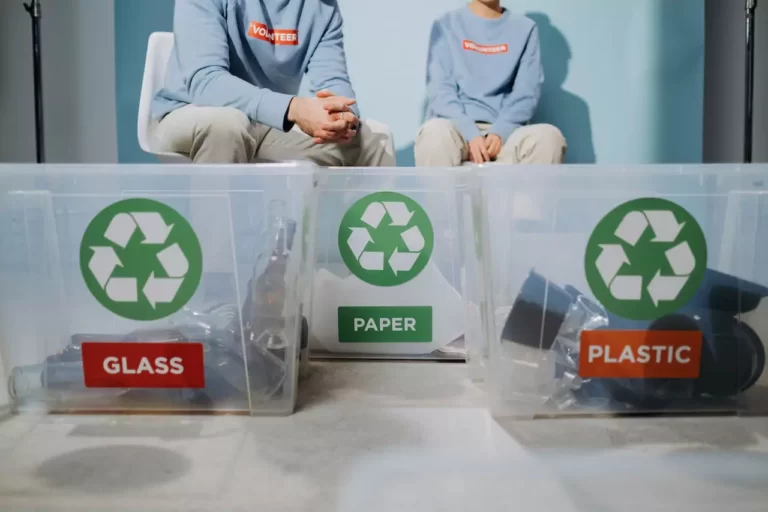Plastic is one of the most versatile and popular materials in the world. It’s used in everything from packaging to construction to consumer goods. In our daily lives, we use many products that are made of plastic. But its ubiquity comes with a major downside, plastic is terrible for the environment, Here are just a few reasons why plastic is bad for our planet:
#1 It’s a significant source of pollution
Plastic is a significant source of pollution in the world. It’s estimated that there are 5.25 trillion pieces of plastic debris in the ocean, and that figure is only increasing as we continue to produce and use more plastic. This pollution has devastating effects on marine life and the humans who rely on the ocean for food and livelihoods.
#2 It takes centuries to decompose
Plastic takes a very long time to decompose. In fact, it’s estimated that plastic takes up to 1,000 years to break down. This means that every piece of plastic ever produced is still in existence in some form or another.
#3 It’s made from fossil fuels
Plastic is made from fossil fuels, which are non-renewable resources that contribute to climate change when burned. It takes a significant amount of energy and water to produce plastic, and the process emits greenhouse gases into the atmosphere.
#4 It’s harmful to wildlife
Plastic is harmful to wildlife in a number of ways. Animals can become entangled in plastic waste, and ingesting plastic can cause internal injuries and blockages. Plastic pollution also contributes to the problem of ocean acidification, as it breaks down into tiny particles that are absorbed by marine life.
#5 It’s littering our landscape
Plastic litter is an eyesore in our landscape, and it’s dangerous to both humans and animals. Litter can clog drains and cause flooding, often ingested by animals who mistake it for food.
#6 Plastic is not biodegradable
Unlike other materials, plastic does not break down over time. This means that all the plastic ever produced still exists in some form, and will continue to pollute the environment for centuries to come.
#7 Plastic production is energy intensive
The production of plastic requires a lot of energy. This not only contributes to climate change but also drives up the price of energy.
#8 Plastic is not recycled as much as you think
It’s estimated that only 9% of plastic waste is actually recycled. The rest ends up in a landfill or is incinerated. This means that the majority of plastic produced is only used once before it’s discarded.
#9 Plastic is damaging our health
As well as harming wildlife, plastic pollution can also have an impact on human health. Microplastics can end up in the food we eat, and have been linked to a range of health problems.
We can’t continue to use plastic without major consequences for the environment. If we want to protect the environment, we need to find ways to reduce our reliance on plastic. We can do this by recycling more, using less plastic, and finding alternatives to this harmful material.


